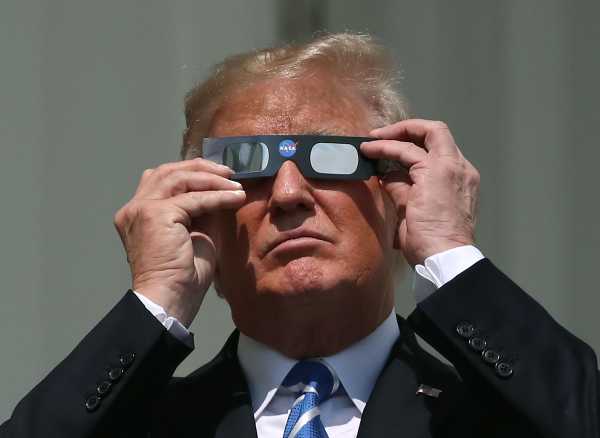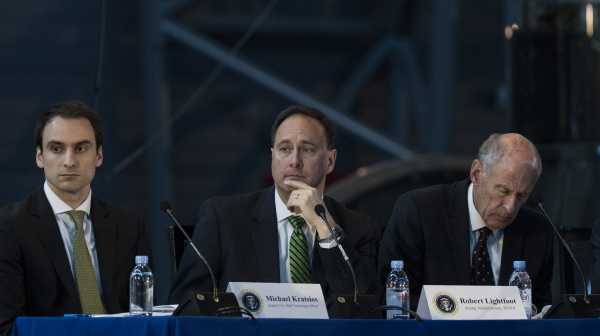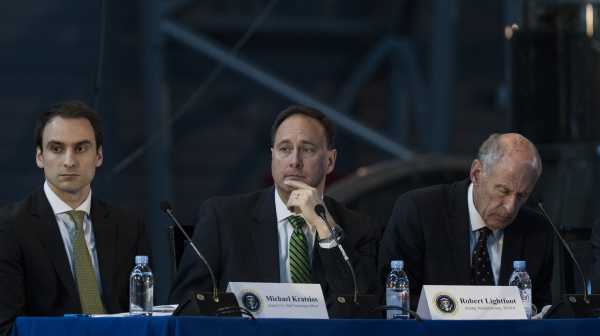
More than a year into his presidency, Donald Trump still hasn’t appointed a top science adviser. So who, then, is the top-ranking science official in the White House?
“The job falls to Michael Kratsios,” ClimateWire’s Scott Waldman writes. As the top-ranking official in the Office of Science and Technology Policy, Kratsios is now the de facto top science adviser in the White House.
Kratsios is a 31-year-old with a political science degree and a focus on Hellenic (a.k.a. Greek) studies from Princeton who cut his professional teeth in Silicon Valley, according to Waldman. These are not exactly the qualifications you’d want for the person the president is supposed to turn to for advice on dealing with a disease outbreak, or an environmental disaster (though Archimedes’ principle does come in handy in explaining sea level rise).
Since 1976, the head of the White House’s Office of Science and Technology Policy has been the go-to adviser for questions on engineering, technology, science, and the environment. Barack Obama’s appointee, John Holdren, was a theoretical plasma physicist who guided Obama through the Deepwater Horizon oil spill and major climate change research initiatives. George W. Bush’s was John H. Marburger, also a physicist (albeit one with a controversial record on climate and stem cell policy).
As the Wall Street Journal reports, Kratsios was first brought to the White House in March to advise the president on tech issues (and he may be well versed in tech topics such as broadband access). Kratsios is a former chief of staff to Silicon Valley billionaire Peter Thiel, who has advocated for dismantling regulations at the Food and Drug Administration. In his new role as de facto lead of OSTP, Kratsios oversees a staff of 50, tiny compared to the 135 people who worked in the office under Holdren.



But ultimately, the fact that he is the president’s top science adviser says less about Kratsios and more about Trump, his White House, and how he consumes information.
We already know that Trump watches hours of cable news every morning and doesn’t read daily intelligence briefings. The lack of a top science adviser in the White House is further proof that he is unable or unwilling to take in dense, complicated information about the world and how it works. It also speaks to the Trump White House’s larger staffing crisis. Since Trump took office, 37 high-level advisers have been fired or quit. And the federal government is littered with vacancies in positions that require a presidential appointment. NASA doesn’t even have a Senate-confirmed administrator yet, making it difficult to plan long-term mission and initiatives.
What’s concerning, a year into his presidency, is that Trump has made numerous decisions on major science-adjacent policies and events without a science adviser. Such as:
- The decision to leave the Paris climate accord
- The response to the worst flu outbreak in a decade
- The environmental and public health disasters left by Hurricanes Maria, Harvey, and Irma
- A deadly wildfire season in the West (and, overall, one of the most expensive years for natural disasters on record)
- The threat of North Korea’s nuclear program
And this was just in the first year of his administration. Trump will surely make decisions on science-, health-, and technology-related topics in the coming three years. And whom will he turn to? Kratsios, or Fox & Friends?
Sourse: vox.com






